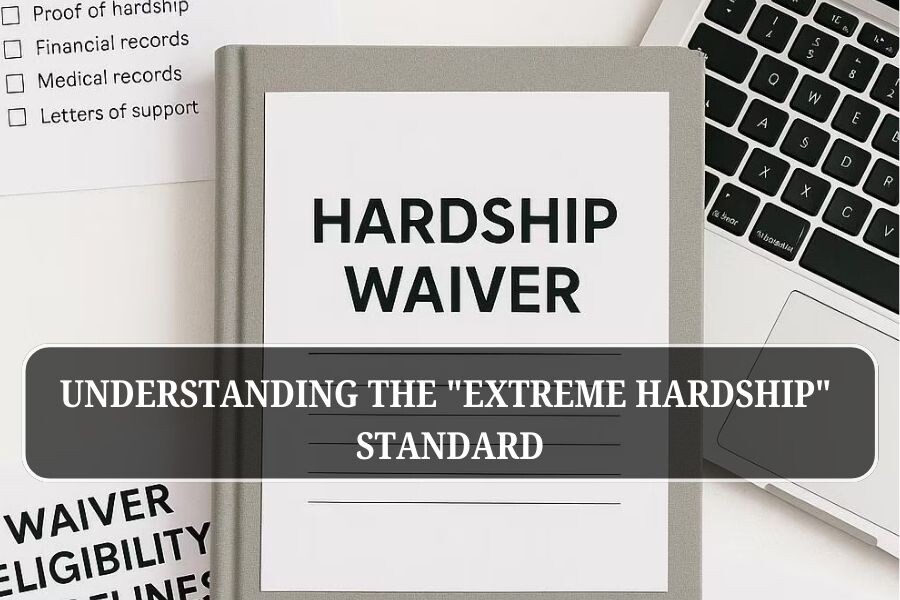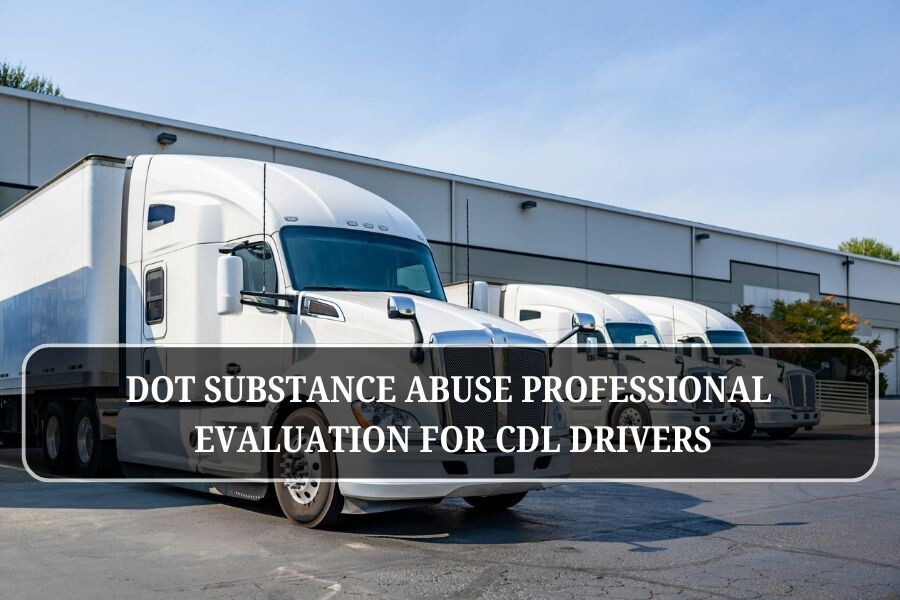Why Drivers Often Choose the Wrong Evaluation
After a failed or refused DOT drug or alcohol test, drivers usually hear one phrase: “Get an evaluation.”
However, that advice often creates confusion instead of clarity.
As a result, many drivers complete a court-ordered assessment, an EAP evaluation, or a state DUI program. Later, they discover that DOT does not accept these evaluations for Return-to-Duty (RTD).
Because this mistake delays careers and job offers, it is important to understand the difference between the DOT SAP Program and non-DOT substance abuse evaluations. Once you know the difference, you can avoid costly restarts and compliance problems.
What Is a DOT SAP Evaluation?
A DOT SAP (Substance Abuse Professional) evaluation is a federally required process under 49 CFR Part 40. The DOT created this program to control who can return to safety-sensitive work.
A DOT SAP evaluation:
- Must be conducted by a DOT-qualified SAP
- Follows FMCSA and DOT rules
- Determines legal RTD eligibility
- Requires FMCSA Clearinghouse reporting
Most importantly, only a DOT SAP can approve your return to duty. No other professional has this authority.
What Are Non-DOT Substance Abuse Evaluations?
Non-DOT evaluations include:
- Court-ordered substance abuse assessments
- Employer EAP evaluations
- State DUI education programs
- Private counseling or therapy sessions
These evaluations usually help with legal sentencing, employment wellness, or state compliance. However, they do not meet federal DOT requirements.
Although these programs may support recovery, they cannot replace a DOT SAP evaluation.
Why FMCSA Rejects Non-DOT Evaluations
The FMCSA rejects non-DOT evaluations for one main reason: lack of legal authority.
Non-DOT counselors:
- Cannot report to the FMCSA Clearinghouse
- Cannot approve RTD eligibility
- Cannot create DOT follow-up testing plans
Because of this limitation, FMCSA automatically rejects these evaluations. Even if treatment is completed successfully, DOT does not recognize it without SAP involvement.
As a result, many drivers must restart the entire process.
DOT SAP Program vs Non-DOT Evaluation: Side-by-Side Comparison
| Feature | DOT SAP Evaluation | Non-DOT Evaluation |
|---|---|---|
| Legal Authority | Federal DOT / FMCSA | State or private |
| Who Performs It | DOT-qualified SAP | Counselor or therapist |
| Clearinghouse Reporting | Required | Not allowed |
| RTD Clearance | Yes | No |
| Follow-Up Testing Plan | Required | Not permitted |
| Employer Acceptance | Yes | No |
Because of these differences, DOT SAP evaluations are not interchangeable with non-DOT assessments.
SAP Role vs Counselor Role
A SAP does more than counseling.
A SAP:
- Acts as a DOT compliance authority
- Decides RTD eligibility
- Monitors treatment completion
- Manages follow-up testing requirements
In contrast, a counselor:
- Provides therapy or education
- Does not control RTD approval
- Cannot access the Clearinghouse
Therefore, while counselors support recovery, only SAPs control legal clearance.
Who Can Legally Clear You for Return-to-Duty?
Only a DOT-qualified SAP can:
- Perform the initial SAP evaluation
- Approve treatment completion
- Conduct the follow-up SAP evaluation
- Authorize RTD eligibility
- Update Clearinghouse milestones
Courts, employers, counselors, and treatment centers cannot legally clear drivers.
FMCSA Clearinghouse Rules Explained Simply
The FMCSA Drug & Alcohol Clearinghouse accepts reports only from DOT-qualified SAPs.
Non-DOT evaluations:
- Cannot be uploaded
- Cannot change “Prohibited” status
- Cannot unblock employment
Because Clearinghouse status is visible nationwide, choosing the wrong evaluation can block job opportunities across the U.S.
Court-Ordered vs DOT SAP Evaluations
Court-ordered assessments satisfy legal or sentencing requirements. However, they do not satisfy DOT compliance rules.
Even if a judge orders treatment, DOT still requires a SAP evaluation. Federal law overrides state or court requirements in safety-sensitive cases.
How to Avoid the Wrong Evaluation
To avoid delays:
- Confirm the provider is DOT-qualified
- Ask if they report to the FMCSA Clearinghouse
- Verify RTD authorization is included
- Avoid low-cost providers without DOT credentials
Taking these steps early saves time, money, and stress.
Why Drivers Choose AACSCounseling.com
At AACSCounseling.com, we focus only on DOT-compliant SAP evaluations.
We help drivers:
✔ Understand DOT vs non-DOT rules
✔ Complete valid SAP evaluations
✔ Avoid Clearinghouse rejection
✔ Return to work legally and faster
Our DOT-qualified SAP professionals provide clear guidance with no confusion.
Final Thoughts
DOT rules exist to protect public safety. Because of this, only DOT SAP evaluations count for RTD clearance.
Choosing the wrong evaluation:
- Delays RTD approval
- Extends Clearinghouse exposure
- Costs time and money
When your CDL is on the line, DOT compliance matters. Choose the right evaluation the first time.









